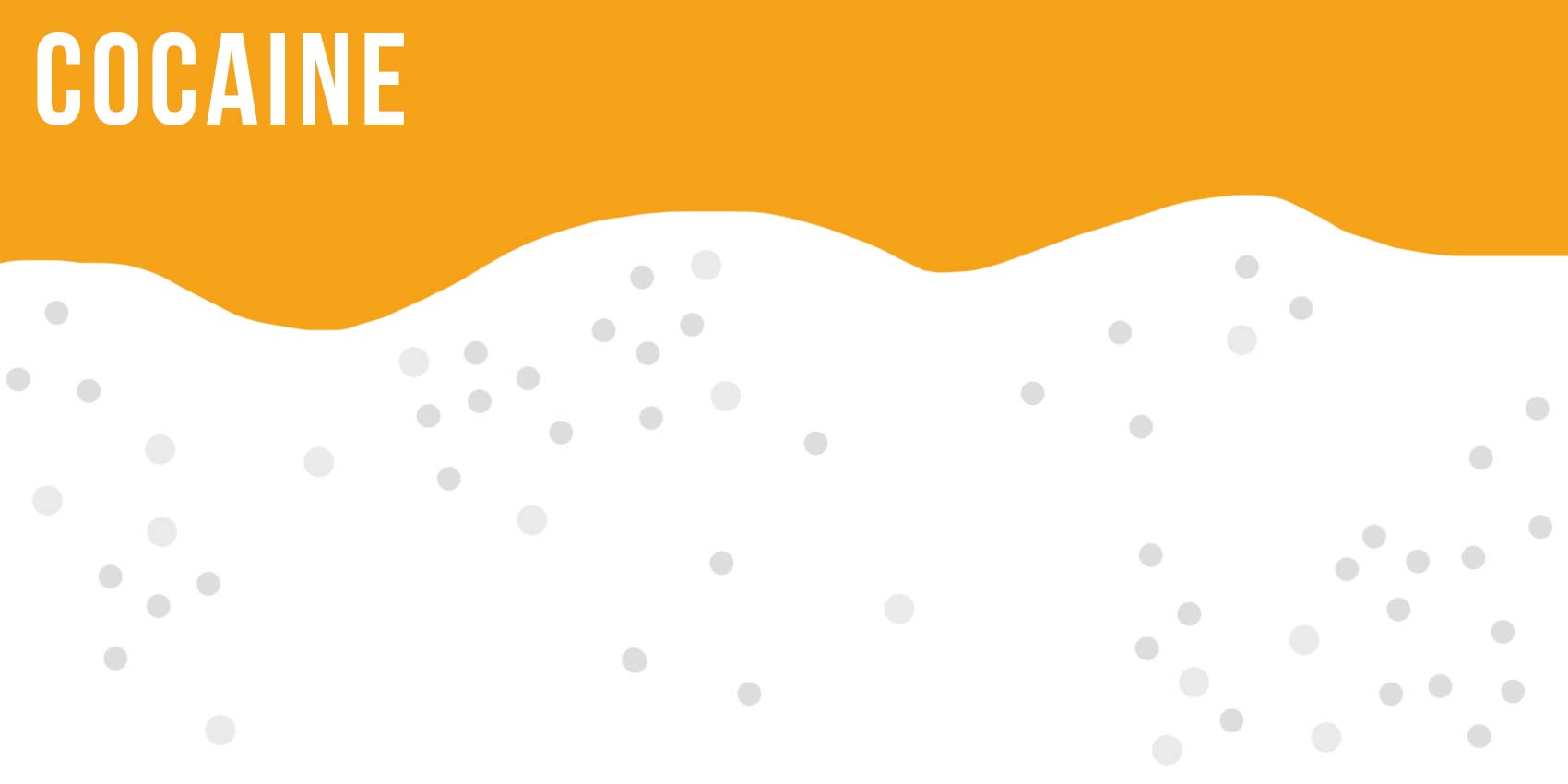11 Nov Cocaine

Cocaine is a highly addictive stimulant. Like heroin and marijuana, it comes from a naturally growing plant—for cocaine it is the coca plant, native to South America. But, cocaine is illegal and often sold on the street—meaning it is sold illegally by drug dealers.
It comes in a white powder form that looks a lot like talcum powder or cornstarch. In fact, drug dealers often mix these items into the cocaine, increasing their profits. It is often referred to as blow (because people snort it) coke, crack (which is inhaled when a crystal form of cocaine is heated and the vapors inhaled), rock or snow.
Like other stimulants, cocaine turns on the chemical dopamine in the brain making people feel extremely happy, alert and aware. This is why it is a popular “party” drug.
However, it can also make people feel very paranoid. And large amounts can lead to bizarre and unpredictable behavior, This is a very real problem as people who use cocaine often binge on it— they take a lot in a short period of time to maintain the high.
People can certainly overdose on cocaine. Let’s repeat that: PEOPLE CAN DIE FROM COCAINE. Many people have. In fact, Chris’ cousin died from a cocaine overdose. The chances of dying is also increased when people mix cocaine with other drugs to intensify the effects. People can and certainly have died from using cocaine just once.
(so far everything has come from: https://www.drugabuse.gov/publications/drugfacts/cocaine)
The withdrawal from cocaine is quite intense. People report feeling extremely depressed after using cocaine, so much that the desire to use cocaine or any other stimulant drug becomes intense… often leading to addiction.
Besides an overwhelming feeling of depression, withdrawal symptoms also include:
- fatigue
- increased appetite
- unpleasant dreams and insomnia
- slowed thinking
Repeated and long term effects of cocaine are also severe: Long-term effects include:
- frequent nosebleeds (the nasal lining becomes weak and also becomes prone to infection)
- severe bowel decay
- higher risk of contracting HIV, hepatitis C, and other blood-born diseases (due to the sharing of needles)
- malnourishment
- restlessness
- severe paranoia with auditory hallucinations
(Source: National Institute on Drug Abuse; National Institutes of Health; U.S. Department of Health and Human Services.)
In sum, the problems associated with cocaine use and abuse are severe. As such, it should never be considered a party drug. No one with severe bowel decay or frequent nosebleeds that will require surgery is throwing a party. And certainly, no one’s funeral is considered a party either.




Post Question:
What would you do if you saw someone snorting cocaine at a party? tell us your plan (Reminder, if police arrive and no one claims the cocaine, you are all going to be charged with possession of cocaine.)
Answer the post question here
What's being said